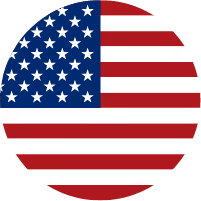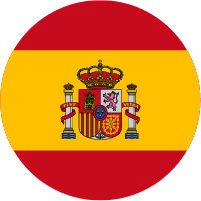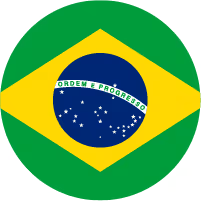What Are Consumer Products?
A shorter answer might be to list what aren’t consumer products, because just about everything we buy is a consumer product — a.k.a. a “final good” at the end of the manufacturing process. Consumer products are the things we buy online and off shelves.
Here are the main four consumer product categories:
- Convenience: Frequently bought products that customers rarely go without or even think about because they’re relatively inexpensive. These are products like toothpaste, most grocery items, skin and hair care products, and pens. They’re products you’d expect to find in any city or small town, mall or gas station, whenever you desire them.
- Shopping: Products that you buy less frequently and often consider more carefully are shopping products, items like clothing, electronics, drugs or medicines, furniture, airline tickets, or used cars. This is an area where quality and price make a great deal of difference for consumers.
- Specialty: The next tier of goods includes specialty brands or niche products. This includes items like high-end cars, designer clothing, or high-quality equipment for photography, sports, or music. Luxury watches and exotic perfumes also fall in this far more expensive category.
- Unsought: This section includes products you may not think or even know about under normal circumstances. Items like life insurance, engagement rings, and fire extinguishers are examples of rarely-made purchases in this category.
Products from any of these categories can cause harm if they are defective in any way. In many cases, entire product lines can be subject to a recall if they are causing harm to many consumers due to the same issue.
What Is Strict Product Liability?
In strict product liability cases, instead of proving negligence, a consumer and their lawyer need only prove that:
- The product was unsafe or dangerous by design, manufacture, or distribution
- The good was intended to meet the customer without alteration between design/manufacture and sale
- The product caused injury
In negligence cases, intention matters, but under strict product liability law, it may not. The Florida product liability lawyers at Osborne, Francis & Pettis are equipped to investigate defective consumer products on your behalf, and can help gather the evidence required for full consideration of your rights under the law.
Are Defective Medical Devices Consumer Products?
The office of Osborne, Francis & Pettis has extensive experience in representing patients injured by defective medical devices such as knee replacement implants, hip replacements, spinal implants, and vena cava (heart vein) implants. These devices are not classified as consumer products because a person cannot buy and implant such a device without a doctor or surgeon.
However, there are consumer medical devices on the market, and they can be dangerous if they are defective, or sold without proper warning and instruction. This includes microneedling kits, home testing supplies for diabetes, and electronic stimulators that could lead to injuries like scarring, infections, or burns.
We at Osborne, Francis & Pettis are passionate in our advocacy for consumers who have been let down or misinformed regarding both consumer products and defective medical devices. If you have questions about a harmful item that has impacted you, call us at (561) 293-2600 for a free consultation regarding your rights.
The items you buy should be for your benefit, not your detriment — contact the offices of Osborne, Francis & Pettis at (561) 293-2600 if you’ve been injured by a consumer product. Pursuing legal action is one way to bring these safety issues to light, and potentially prevent others from being harmed.
How Can I Contact a Florida Product Liability Lawyer?
There is a harmful assumption among the population that injury from a consumer product must be the fault of the customer, but that is simply not the case. When a consumer good is designed, made, or sold irresponsibly, resulting injuries should not be dismissed as merely a matter of ‘user error’ — another party may be liable.
Dangerous product defects deserve full consideration under the law. Injured consumers may be entitled to significant compensation for any injuries or losses caused by a defective product.
Proudly Representing Florida Residents Statewide
Boca Raton
Orlando
Lakeland
West Palm Beach


.avif)



















